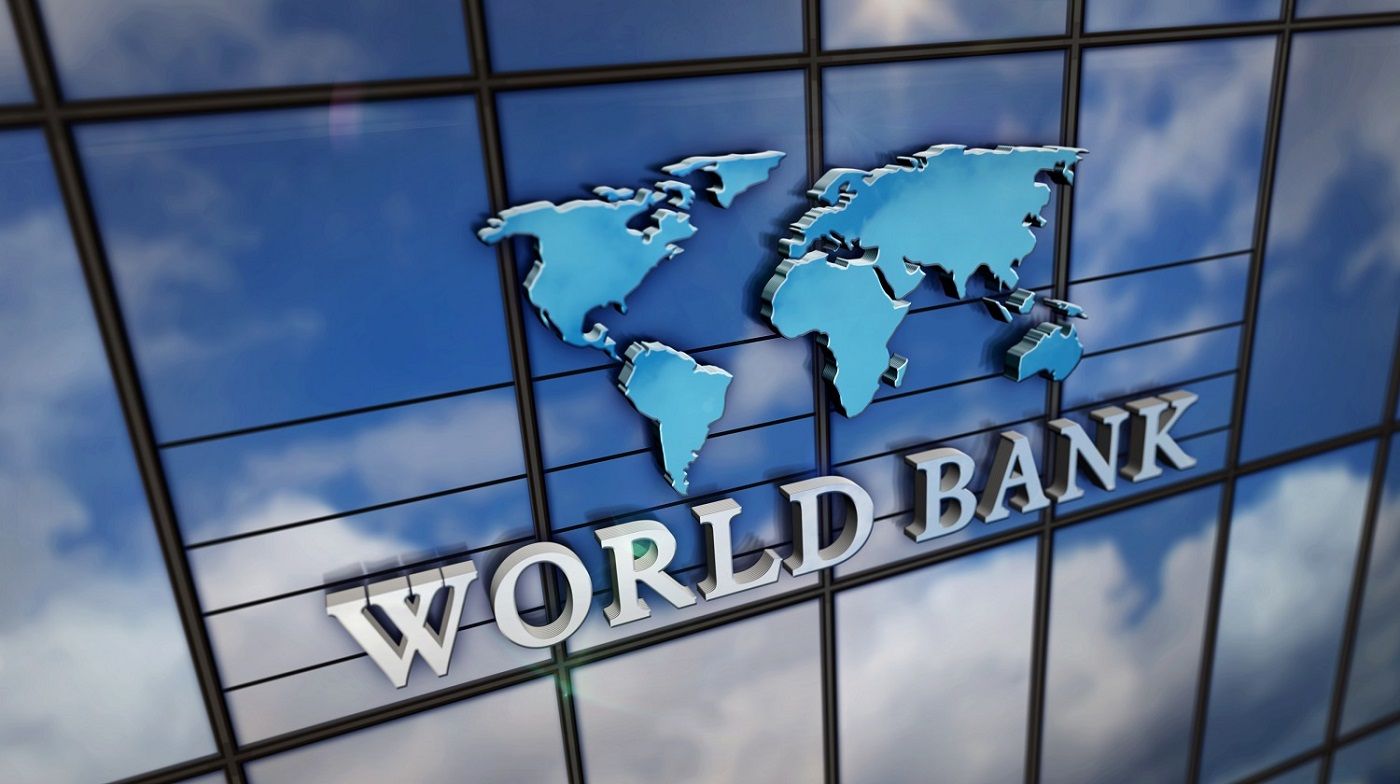The World Bank has disbursed a $1.5 billion foreign loan to Nigeria as part of the federal government’s ongoing efforts to implement key economic reforms, including the removal of fuel subsidies and tax policy changes.
This loan, which is part of the World Bank’s Reforms for Economic Stabilisation to Enable Transformation Development Policy Financing initiative, was structured in two tranches. According to the World Bank’s latest report, the first tranche of $750 million was disbursed on July 2, 2024, and the second tranche, also worth $750 million, was disbursed in November 2024, following the fulfillment of specific reform conditions.
The total disbursement of $1.5 billion brings Nigeria closer to addressing its fiscal challenges, with the loan designed to support the government’s ambitious reforms. This includes the full deregulation of the fuel market, which allows fuel prices to be determined by market forces, and the unification of the exchange rate. Additionally, the loan supports the government’s push for comprehensive tax reforms, including a major overhaul of the VAT system and tax administration laws.
The loan is structured with different maturity periods. The first tranche is a $750 million credit from the International Development Association (IDA), with a 12-year maturity and a six-year grace period. The second tranche, also worth $750 million, comes from the International Bank for Reconstruction and Development (IBRD), with a 24-year repayment period and an 11-year grace period.
Nigeria met the necessary conditions for the loan approval through the successful implementation of significant reforms. These included subsidy removal, the harmonization of the exchange rate, and the introduction of tax reforms, notably the submission of a tax reform bill to the National Assembly in October 2024. However, the tax reforms have been controversial, with opposition particularly from Northern Nigerian leaders.
While the reforms are seen as essential for long-term economic stability, they have come at a steep cost. The removal of fuel subsidies and the unification of the exchange rate have led to dramatic increases in fuel prices and the exchange rate, contributing to skyrocketing inflation, which has reached 34.60% for headline inflation and 39.93% for food inflation.
To mitigate the impact of these policy changes, the government introduced palliative measures, including a N25,000 payment to households. However, only a fraction of the targeted beneficiaries have received this assistance, with fewer than two million households benefiting from the scheme. Furthermore, the Compressed Natural Gas (CNG) initiative, which was intended to provide a cheaper fuel alternative, has not been fully implemented.
Despite the mixed reactions to these policies, the World Bank’s loan reflects a vote of confidence in Nigeria’s reform efforts, aiming to stabilize the economy and create a foundation for sustainable growth. However, the true impact of these changes will depend on the government’s ability to address the immediate challenges posed by inflation and the cost of living.

